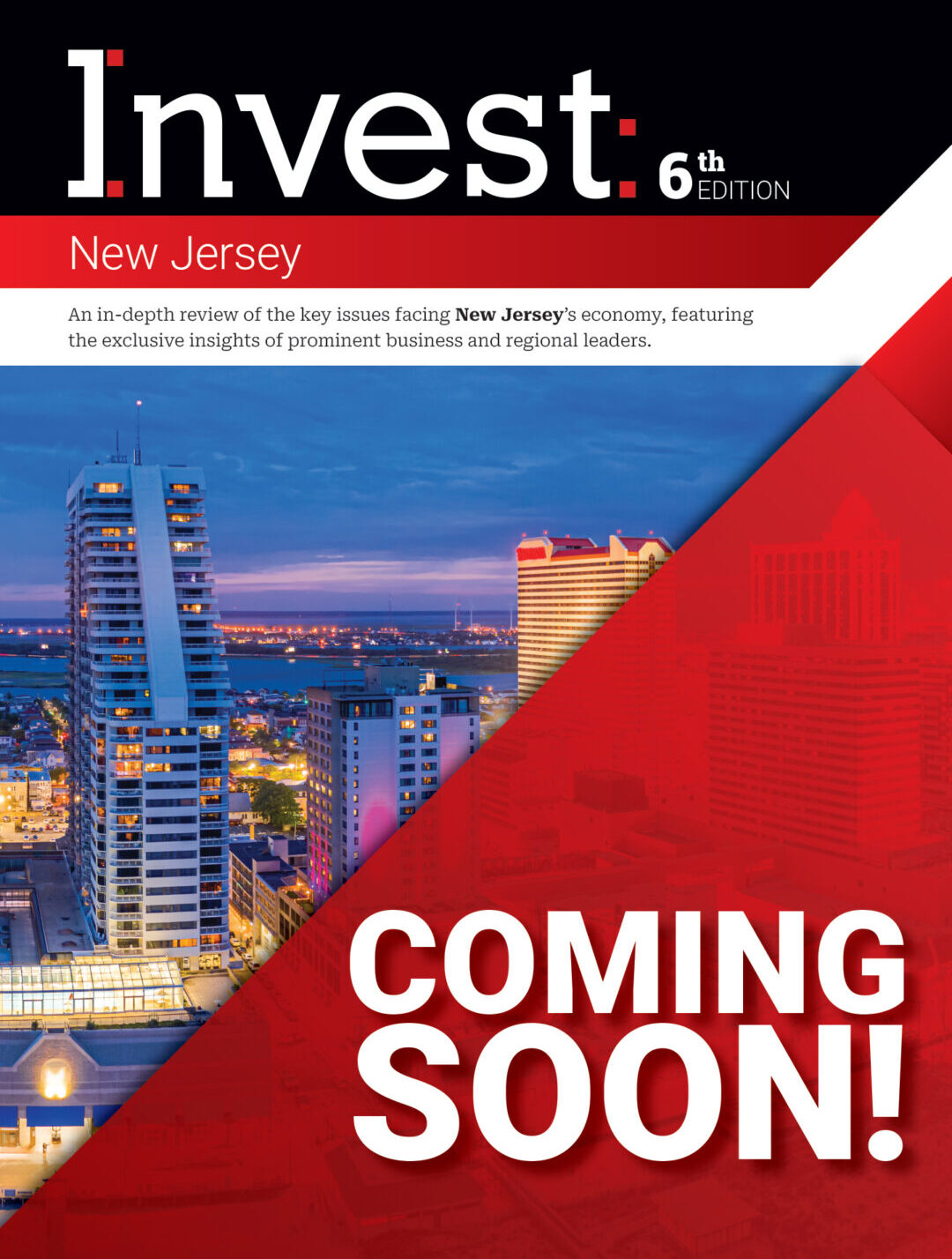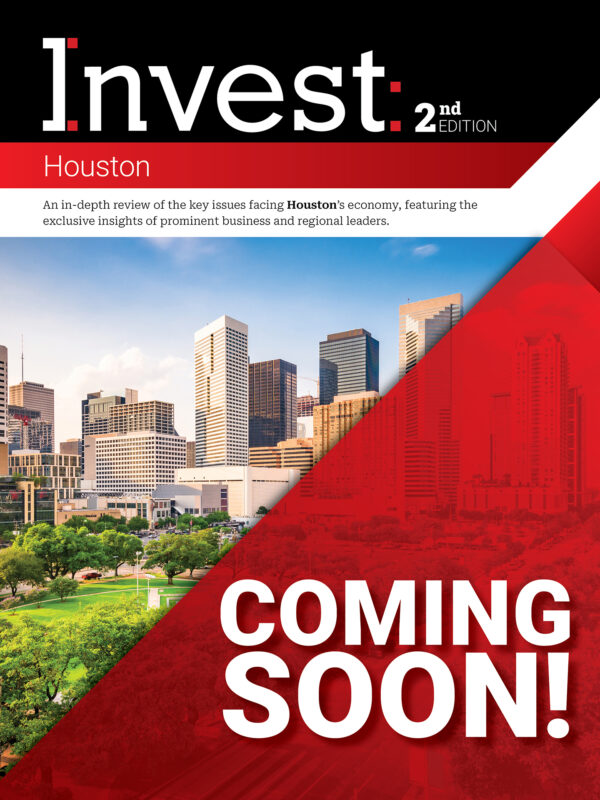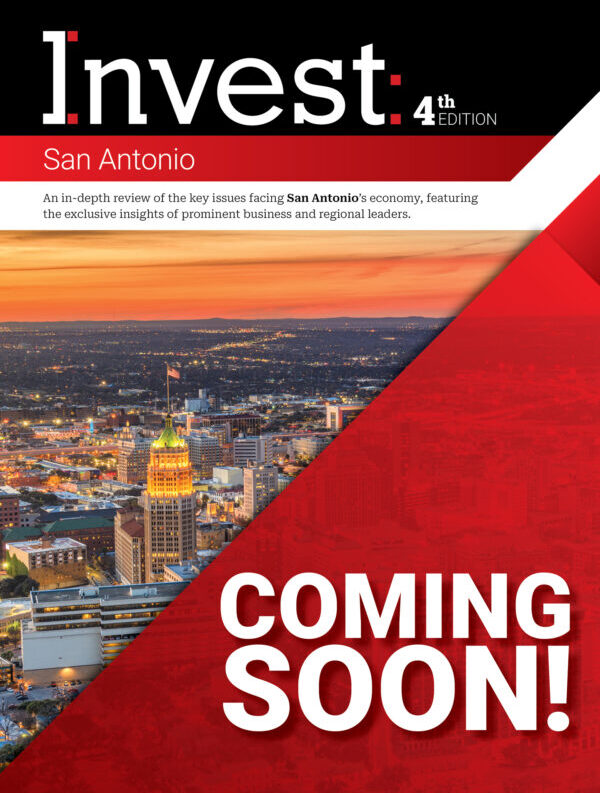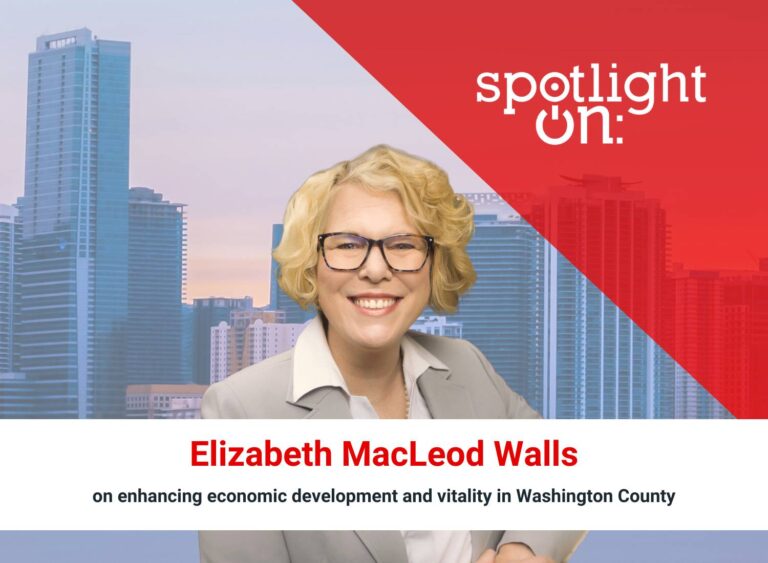Quino Martinez, President & CEO, Lowndes
In an interview with Invest:, Joaquin E. Martinez, president and CEO of Lowndes, shared how the law firm’s affiliation with Meritas enables seamless collaboration with global partners, why Central Florida is evolving into a dynamic and thriving region, and the firm’s top priorities over the near term.
What have been some major highlights for the firm over the past 12 months?
A major highlight was executing a significant leadership transition – a potentially precarious change for a firm with only four managing partners in its 55-year history. As with our prior leadership transitions, our typically collaborative approach to change brought our team together. Our firm’s core practices – litigation, corporate and real estate – continue to thrive. While our historically strong real estate practice saw a slight dip in transaction volume due to factors such as inflation and the scarcity of capital, our litigation and corporate groups remained strong. Our litigation team handled significant cases for local and regional clients, while our corporate group facilitated a number of notable transactions. This balanced approach helped us navigate the uncertainties of the market.
Regarding the legal services industry, what are the key trends driving innovation and technology, apart from economic factors?
AI is a topic that is on everyone’s mind, from large law firms to smaller practices. There is concern about how it will impact the practice of law, particularly regarding ethics and job displacement. At a recent managing partner conference, integrating AI into our work was a major topic of discussion. There have been several notable instances where lawyers have been sanctioned for ethics violations related to the use of AI, which in at least one case, produced its own case law to support its desired outcome. Our industry is also discussing what impact AI will have on repetitive tasks or research which has historically been handled by associates/entry level attorneys or paralegals.
Law firms are actively using AI products, but now the challenge is figuring out how to price these services. Clients expect greater efficiency and lower prices due to AI, but pricing is still evolving. AI can perform tasks like document review with 100% accuracy in a fraction of the time it would take human associates; historically, firms might charge tens of thousands of dollars for that review by human beings. With AI delivering the same results in a fraction of the time, how do you price that? Some clients may even prefer AI over paralegals to cut costs. It’s a real quandary.
How does the firm’s Global Alliance enhance its offerings and expand its scope in servicing international clients in a growing, globalized market?
Our affiliation with Meritas, the global alliance we helped found over 30 years ago, has been a cornerstone for us. While we may be a mid-size firm, Meritas empowers us to provide the same caliber of services as larger national and international law firms. Through Meritas, we seamlessly collaborate with firms worldwide, handling cross-border transactions and navigating legal complexities across jurisdictions with consistent quality and service.
Recently, a colleague reached out regarding a client with an education software platform for potential users in Europe. This underscores how Meritas allows us to tap into a global network of expertise to address our clients’ diverse needs. Being part of Meritas enables us to punch above our weight class and serve the most sophisticated clients across the United States and internationally with confidence and competence.
What specific regulatory or legislative changes are you monitoring that could impact your clients?
Over the last 25 years in real estate law, I have observed several significant legislative and regulatory developments. One noteworthy recent change is Florida’s move to phase out sales tax on rent, making it one of the last states to do so. This reduction is expected to lower occupancy costs, especially in commercial contexts. However, our state faces a significant challenge with the increasing difficulty of securing insurance – particularly east of Interstate 95 but really across the state, impacting both landlords and tenants. Getting our arms around this insurance crisis is important.
Another key development is the recently passed Live Local Act aimed at affordable housing in areas where such use was not previously permitted. This law reflects intensifying efforts to tackle rising housing costs in regions like South Florida and Central Florida, where rents are squeezing even young professionals who are sometimes paying over $4,000 a month. While the Live Local Act shows promise for affordable housing, navigating its complexities won’t be simple. Nevertheless, it signifies efforts to provide viable solutions to pressing economic challenges.
What are your top priorities for both the market and the legal industry in Orlando over the next couple of years?
I am bullish not just about our firm but also about our city, county and region as a whole. Notable developments such as the Wekiva Parkway (SR 429) expansion project will spur further growth in a region already projected to reach 5.2 million residents by 2030. This population boom raises infrastructure and transportation questions, though recent real solutions like SunRail and Brightline provide some help. Despite uncertainties around inflation and interest rates, there is a palpable sense of opportunity in Central Florida, as evidenced by the number of new businesses relocating to our region.
In Osceola County, the NeoCity semiconductor manufacturing project addresses both economic and national security interests given the importance of domestic semiconductor production. Our talent pool is well-equipped for these higher-wage jobs, diversifying our economy beyond tourism. Retaining local students and talent for emerging industries like semiconductor manufacturing is vital to preventing a talent exodus and transforming Central Florida into the next Silicon Valley, further bolstering our economy and positioning us as a leader in high-tech industries.













